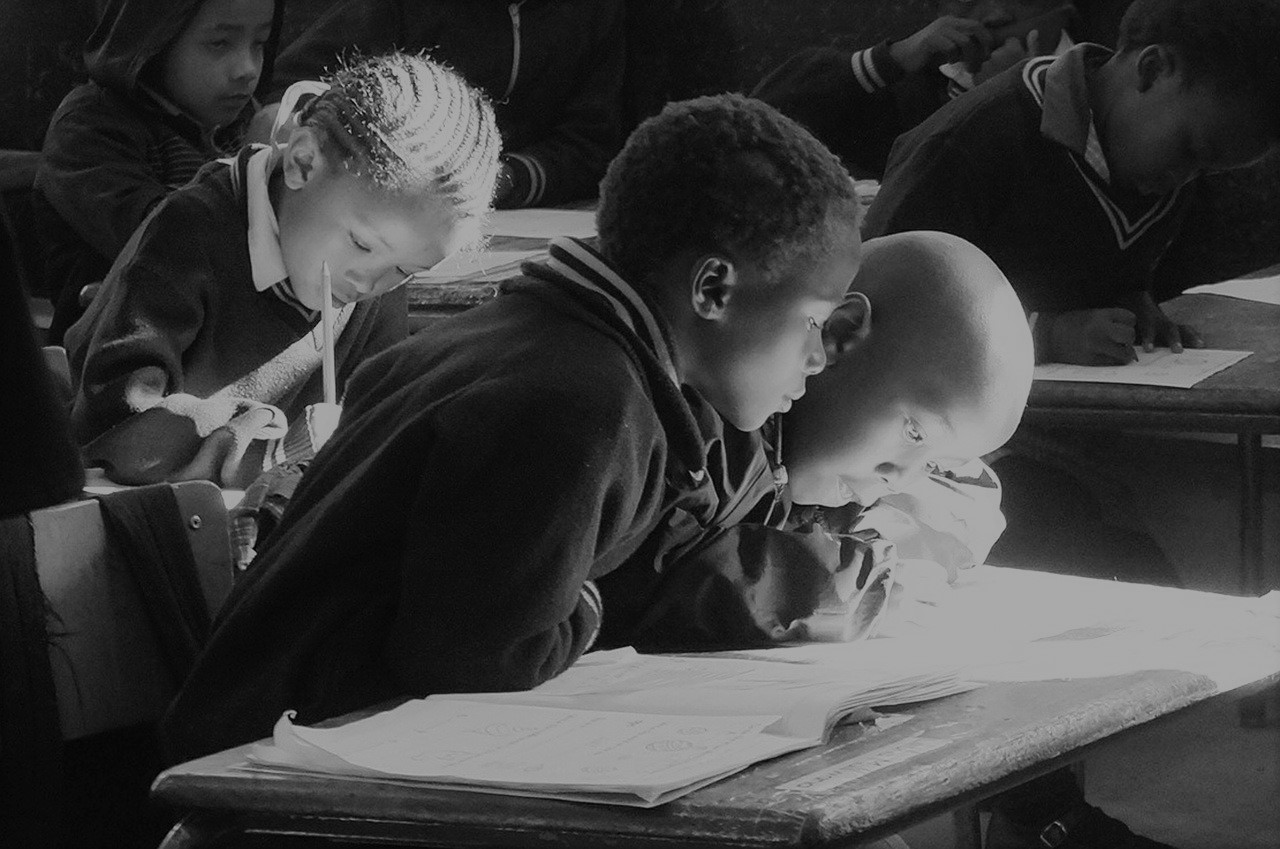The role of parents and teachers in the productive use of Information and Communication Technologies
Main Article Content
Abstract
This article presents the results of a bibliographical and descriptive research, in which we sought to verify, from the analysis of specialized publications, how the use of Information and Communication Technologies (ICTs), mediated by parents and teachers, can contribute in the search for more productive and safer navigations for children and teenagers. As a methodological resource, the search for articles on Academic Google and audiovisual publications in a virtual environment was used, from the term "the limits of internet use by children and adolescents", having as main reference the analysis of the results of the latest edition of the ICT research online Brazil 2019, in the light of authors who support the debate on the topic. The study made it possible to conclude that the partnership between parents and school should guide the work, in order to develop in children and young people a critical profile regarding the use of ICTs so that they can protect themselves from the dangers found in the virtual world, as well as to adopt an ethical posture and awareness of the benefits and risks that new technologies can provide. It is concluded that there is a need for awareness of parents in order to adopt an assiduous and protective posture in relation to the use of the network and ICTs by their children. The best technology that parents can use in this process is dialogue, a relationship of affection and trust, following their activities on the internet.
ludi image by Pixabay.
Downloads
Article Details

This work is licensed under a Creative Commons Attribution 4.0 International License.
References
AGÊNCIA BRASIL. Brasil tem 134 milhões de usuários da internet, aponta pesquisa. Disponível em: https://agenciabrasil.ebc.com.br/geral/noticia/2020-05/brasil-tem-134-milhoes-de-usuarios-de-internet-aponta-pesquisa. Acesso em: 11 de junho de 2021.
BOZZA, Thais Cristina Leite. O uso da tecnologia nos tempos atuais: análise de programas de intervenção escolar na prevenção e redução da agressão virtual. Dissertação (Mestrado). Universidade Estadual de Campinas, Faculdade de Educação. Campinas, SP: [s.n.], 2016. Disponível em: http://repositorio.unicamp.br/bitstream/REPOSIP/305317/1/. Acesso em: 11 jun. 2021. https://doi.org/10.47749/t/unicamp.2016.971385.
CASTELLS, Manuel. A sociedade em rede. 2. ed. São Paulo: Paz e Terra, 1999.
CETIC.BR. Pesquisa TIC Kids Online Brasil. Disponível em: https://cetic.br/media/analises/tic_kids_online_brasil_2019_coletiva_imprensa.pdf. Acesso em: 11 jun. 2021.
CUSTE O QUE CUSTAR. Programa de televisão. CQC perigos da internet. Disponível em: https://www.youtube.com/watch?v=Uno4nZLKQPA. [Vídeo]. Acesso em: 27 mar. 2018.
DESLANDES, Suely Ferreira; COUTINHO, Tiago. O uso intensivo da internet por crianças e adolescentes no contexto da COVID-19 e os riscos para violências autoinflingidas. Ciência & Saúde Coletiva [online]. 2020, v. 25, suppl. p. 2479-2486. Disponível em: https://doi.org/10.1590/1413-81232020256.1.11472020. Acesso em: 11 jun. 2021.
ESCOLAS DISRUPTIVAS. Blog. Disponível em: https://escolasdisruptivas.com.br/escolas-do-seculo-xxi/seguranca-na-internet-como-a-escola-pode-ajudar-seus-alunos/. 2019. Acesso em: 12 jun. 2021.
FONSECA, André Azevedo da. Como usar as Novas Tecnologias na Educação: sala de aula deve ser ambiente de criação. Disponível em: https://www.youtube.com/watch?v=Zge9v2jIhRA&feature=youtu.be. Acesso em: 26 mar. 2018.
JEREISSATI, Tatiana; CAPPI, Juliano. Pais, adolescentes, internet e escola: uma relação delicada. [Entrevista]. Comunicação & Educação, ano XVIII, n. 1, jan./jun. 2013. Disponível em: https://www.revistas.usp.br/comueduc/article/viewFile/69254/71713. Acesso em: 28 mar. 2018.
NAGUMO, Estevon; TELES, Lucio França. O uso do celular por estudantes na escola: motivos e desdobramentos. Rev. Bras. Estud. Pedagog. [online]. 2016, v. 97, n. 246, p.356-371. ISSN 0034-7183. Disponível em: http://dx.doi.org/10.1590/S2176-6681/371614642. Acesso em: 11 jun. 2021. https://doi.org/10.1590/s2176-6681/371614642.
O TEMPO. Jornal online. Brasil é o país com maior número de vítimas de roubo de dados na internet. Disponível em: https://www.otempo.com.br/interessa/brasil-e-o-pais-com-maior-numero-de-vitimas-de-roubo-de-dados-na-internet-1.2455194. Acesso em: 11 de junho de 2021.
PEREIRA, Maryana Barrêto; SOUZA, Albano de Goes; PEIXINHO, Kamilla de Fátima Magalhães. A utilização da internet como ferramenta de aprendizagem: o professor como inovador educacional. 6º. Colóquio Internacional Educação e Contemporaneidade. São Cristovão, Sergipe, 2012. Disponível em: https://ri.ufs.br/bitstream/riufs/10177/61/60.pdf. Acesso em: 12 jun. 2021.
PONTE, Cristina; VIEIRA, Nelson. Crianças e internet, riscos e oportunidades: um desafio para a agenda de pesquisa nacional. Lisboa: Universidade Nova de Lisboa; Universidade Técnica de Lisboa. Projecto EU Kids Online. Disponível em: http://www2.fcsh.unl.pt/eukidsonline/docs/EU_Kids_OnlineVersao170707.pdf. Acesso em: 28 mar. 2018.
SLAIMAN, Cristina. O desafio de educar os filhos na sociedade digital. Sociedade de Advogados. Disponível em: http://www.sleiman.com.br/uploads/odesafiodeeducarosfilhos.pdf. Acesso em: 28 mar. 2018.
GVT: Banda Larga, TV por Assinatura e Telefonia Fixa. Guia de Navegação para o Uso Responsável da internet. [Vídeo]. Disponível em: https://www.youtube.com/watch?v=gmVjPr-8Pp4. Acesso em: 26 mar. 2018.
Internet e seu filho: Especialistas dão dicas para os pais manterem seus filhos a salvo no mundo virtual. Veja. Com., 6 jul. 2009. [Vídeo]. Disponível em: https://www.youtube.com/watch?v=uoBBzuYTzWo. Acesso em: 26 mar. 2018.
NO HELPLINE. Disponível em: http://new.safernet.org.br/helpline. Acesso em: 26 mar. 2018.

